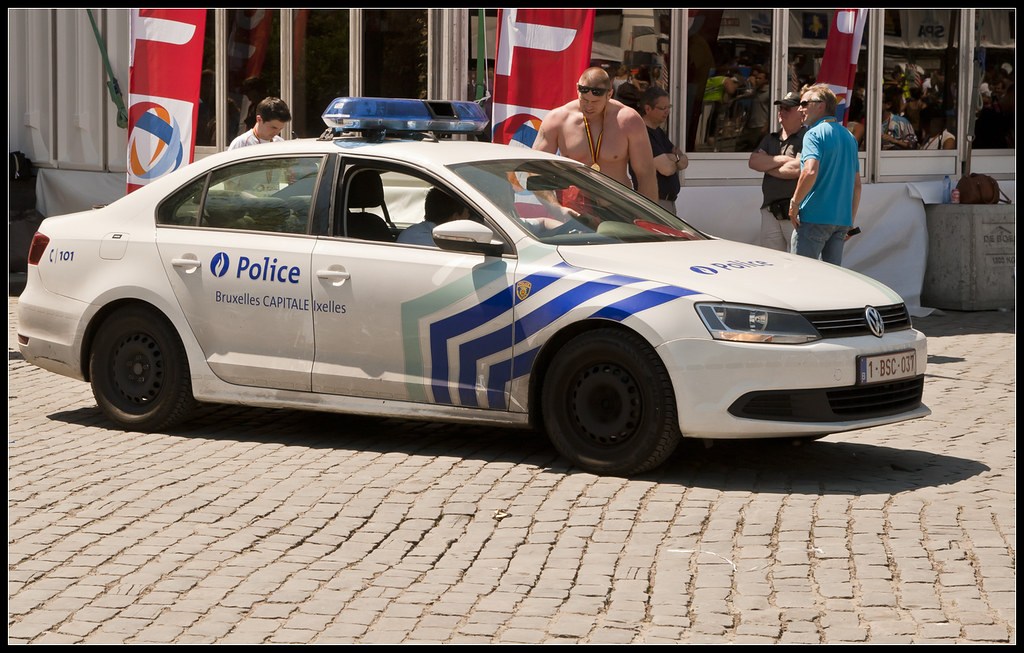Seven organisations, including the Human Rights League, Amnesty and the Minorities Forum, have launched a campaign calling for an end to ethnic profiling by the police.
Ethnic or racial profiling is considered to be when any – but most usually the police – judges a person on the basis of assumed ethnic or racial characteristics instead of actual behaviour.
So, where police might be more likely to stop and search a black man, it has also been shown to be the case that employers are less likely to offer an interview to a job-seeker with a North African name.
“For many people, ethnic profiling is a vague concept, and some don't even know it's happening,” said campaign coordinator Eveline Vandevelde.
“But for people with a migration background, it is sometimes so prevalent that it seems almost a normal part of their everyday lives. A police check can be done on any street corner. If that happens because of someone's colour or origin, it can continue to reverberate for a long time.”
The campaign, which has taken the name ‘Not Normal – Stop Ethnic Profiling’, has drawn up five core recommendations for politicians and police.
It asks that mayors, police chiefs and the federal home affairs minister (Pieter De Crem, CD&V) work on legislating a clear ban on the practice, as well as clear instructions for police officers in the field.
In addition, the campaign advocates the registration of all identity checks and the better protection of citizens' rights to document police actions.
“Ethnic profiling still too often remains under the radar,” Vandevelde said. “The people who experience it want it to be over quickly and are not likely file a complaint easily. This campaign is necessary to put the problem high on the political agenda, because without pressure, it can too easily slide to the bottom of the pile.”
In the police zone Mechelen-Willebroek, meanwhile, a similar action has been under way now for three years, the VRT reports. And while the authorities admit it could use some improvement, they have noticed a change in the interim.
Under the system in place since 2017, each time an officer carries out a check on a member of the public, they afterwards have to record the place, time and reason for the action, as well as the identity of the person – and that, regardless of what the outcome of the check is.
“That really caused a cultural change,” said Dirk Van de Sande, spokesperson for the zone. “We thought it was very important to focus on this as a force, and we want to continue to do so.”
Alan Hope
The Brussels Times

